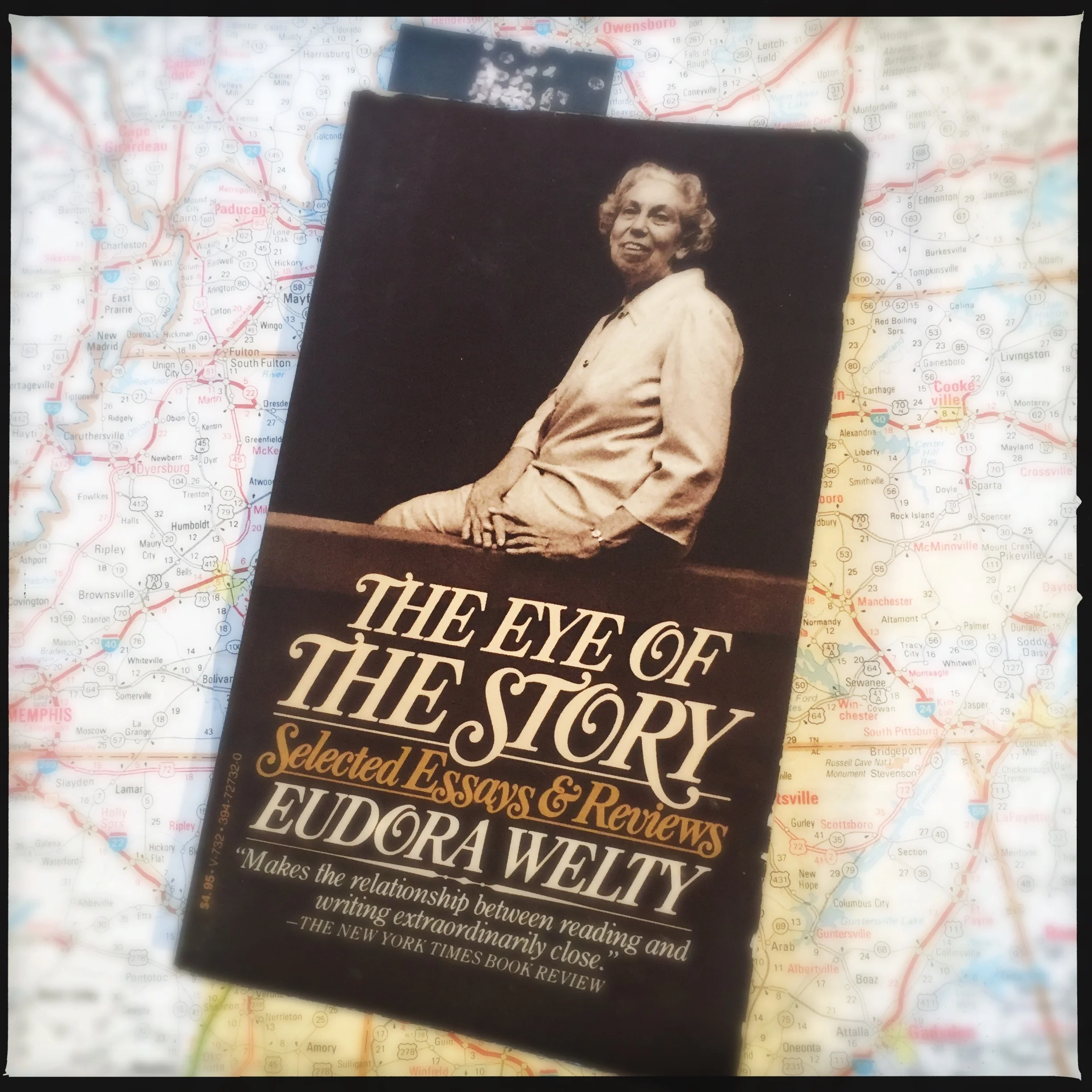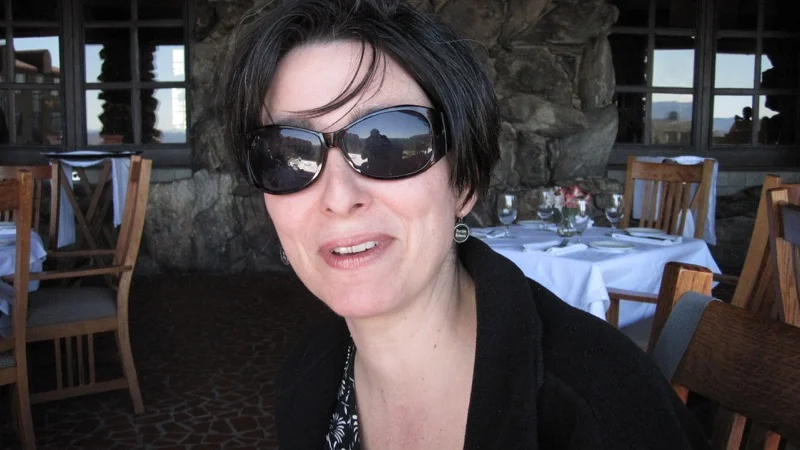One essay that has stuck with me for years is Eudora Welty’s review of The Letters of William Faulkner. In her hands a picture emerges of Faulkner as a writer doing all he can to make ends meet.
In his lifetime, Faulkner won three major awards that put him in a category of his own—the National Book Award, the Pulitzer, and the Nobel Prize. People want to imagine great writers carefully crafting their work for weeks, months, years at a time. But how much time a writer spends on a piece of work varies greatly. Flannery O’Connor was an incredibly slow writer. But the Faulkner of these letters is a frantic craftsman who cranks out short stories as fast as he can because he desperately needs the money. (By most estimates, he wrote 125 of them, though scholars continue to debate that figure.)
Faulkner nailed down a timeline for cranking them out. He knew, for example, that if he wrote a story in a week, got it in the mail by Friday, that an editor would buy it the following week and he’d have a check the week after. What a charming time to have lived in, when a writer would be paid so quickly!
If you’re interested in how writers really make a living, I urge you to get a hold of Welty’s book, Faulkner’s, or both.
Some tidbits from Welty’s essay:
Faulkner “hoped to hell” that Paramount Pictures would buy his scandalous 1931 novel, Sanctuary, because when his father died, Mother Faulkner only had enough money to live for a year. “Then it is me,” he writes, meaning that he would then be solely responsible for supporting her. (Paramount released the movie, dubbed The Story of Temple Drake, in 1933.)
At one point Faulkner's working on two novels at a time, and cranking out one short story a month because he’s got to pay his and his mother’s bills, and he can never rule out the possibility that his brothers and other relatives will hit him up for money.
He thinks of everything he writes in terms of its earning potential, because, as he says: “By God I’ve got to!”
At one point, he starts cranking out TWO short stories a week, and he wonders if he can keep up this kind of schedule because it’s killing him.
To help him out, his New York publishers begin advancing him money. (I’ve read that these sorts of informal arrangements were the origin of the modern-day publisher’s advance, but I don’t know enough about the history of publishing to say more than this.)
Faulkner goes to Hollywood to make some cash and bitches that the studio contracts are so weaselly that he longs for a relationship built on “good faith and decency,” like the ones he has with editors back in New York.
He devises a plan to write six short stories, sell them each for a $1,000 apiece to The Saturday Evening Post, and live off the windfall for six months while he writes a book. But he’s freaking out because he’s only been able to sell one of these short stories and that wasted effort can now only be pitched “into the trash.” To hell with fame, craft, acclaim. If a story can’t make him money, it’s worthless.
His usual outlets were paying him $300 to $400 a short story but the Post was the king at $1,000 a pop. (In the days before television or even radio, a major magazine like The Saturday Evening Post paid so well because its circulation was so vast. Americans had few other outlets for mass entertainment.)
One year he concocts a crazy scheme to hock his mules and mares to raise some cash but he runs out of horseflesh to pawn.
At one point he confesses that he doesn’t have a carbon copy of the short story he sent, and can’t afford to wait for his agent or editor’s requested changes because he needs the money too badly. So he rewrites the story from memory, incorporating the edits, and sends it on its way.
There’s lots more, but I think you get the point. Writers write for themselves, and they write for money. Some of the best writers wrote quickly, but that did not taint the work. The stories were just fine because they had talent in spades.
I think of the (only three) creative writing classes I’ve taken or the MFA programs some friends of mine have pursued, and cringe to recall how much time we all wasted talking about how to make a particular story better. That approach can help, but it is purely academic. One takeaway from the Faulkner story is this: You don’t make bad stories better by rewriting them; you write increasingly better stories by writing as often as you can.
Oh—that hastily rewritten piece of crap that Faulkner spat out from memory turns out to have been “The Bear,” one of the most-read and most-anthologized Faulkner short stories, ever.
What a talented son of a bitch. We should all be so money-hungry.
I’ll leave you with one last Faulkner quote: “The man who said that the pinch of necessity, butcher's and grocer's bills and insurance hanging over his head, is good for the artist, is a damned fool.”
*
This post first appeared February 22, 2012 in slightly different form on my old blog. I’m repubbing it here in an effort to collect all my significant posts in one place.
Reading and revising this piece reminded me of another writer who famously wrote about money struggles. I should have a post on that up shortly.
In general, I’ve been trying to post more regularly here. Thank you for noticing. If you want to sign up for my newsletter and claim your free ebook, go here.





